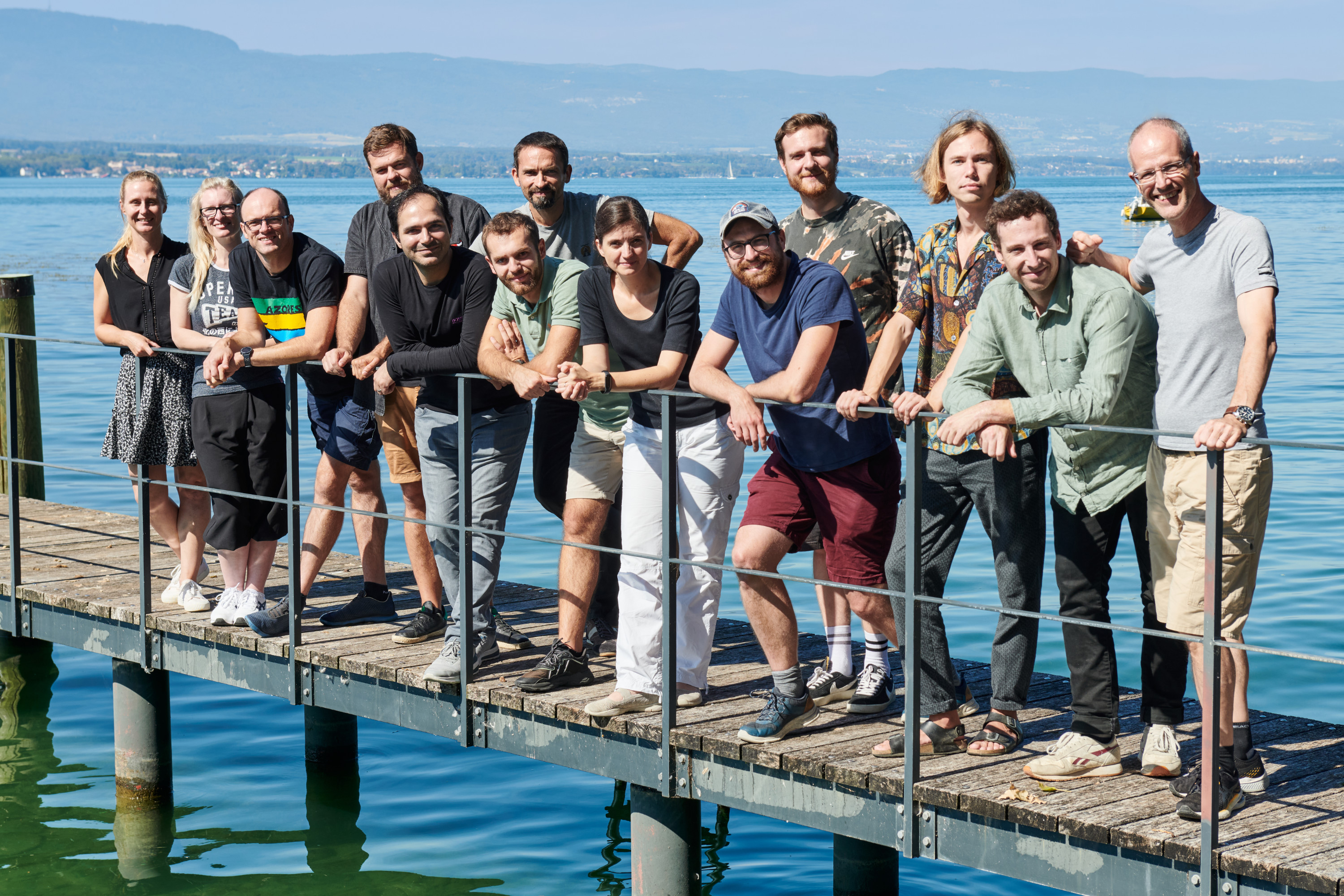Easy visualisation of our 3D models
Our gallery of 3D models —including 3D meshes and volumetric data— can be easily viewed on the LANE website.
Read more…Welcome to the website of the Milinkovitch - Tzika lab.
In a nutshell, our highly multidisciplinary team of biologists, bioinformaticians, physicists, computer scientists, mathematicians and 3D artists investigates the developmental and evolutionary mechanisms generating Life’s complexity and diversity (or maybe should we say ‘Life’s Beauty’). We investigate multiple non-classical model species, mainly reptiles and ‘exotic’ mammals, that can inform us on yet unknown exciting biological and physical processes generating this complex and diverse living world.
Central to our reasoning is that a proper understanding of the complexity and diversity of organismal forms cannot be achieved without integrating the physical constrains acting on the developmental and Darwinian processes. Our research requires integrating data and methods from comparative genomics, molecular developmental genetics, as well as physical experiments, mathematical modelling and numerical simulations. More specifically, we investigate the interactions between physical (mechanics, reaction-diffusion) and biological (cell signalling, proliferation) mechanisms that generate and constrain the variety and complexity of skin appendages (scales, hairs, spines), skin colours (pigmentary and structural), and skin colour patterns in tetrapods (four-limbed vertebrates).
Use the navigation bar at the top of the page, to explore our research topics (what we do), our scientific approach and animal models (how we do it), our scientific motivation (why we do it), and our team (who does it).
 All 2023 members of the LANE at our annual retreat on the Geneva lake.
All 2023 members of the LANE at our annual retreat on the Geneva lake.
Our gallery of 3D models —including 3D meshes and volumetric data— can be easily viewed on the LANE website.
Read more…Our work on hypomelanism in snakes and lizards makes the cover of Genetics.
Read more…'The Scientist' interviews Athanasia Tzika to explore how she and her team uncovered the genetic mechanisms behind skin color patterns in snakes and lizards.
Read more…Yes they did, according to the program Prehistoric Planet 2
Read more…